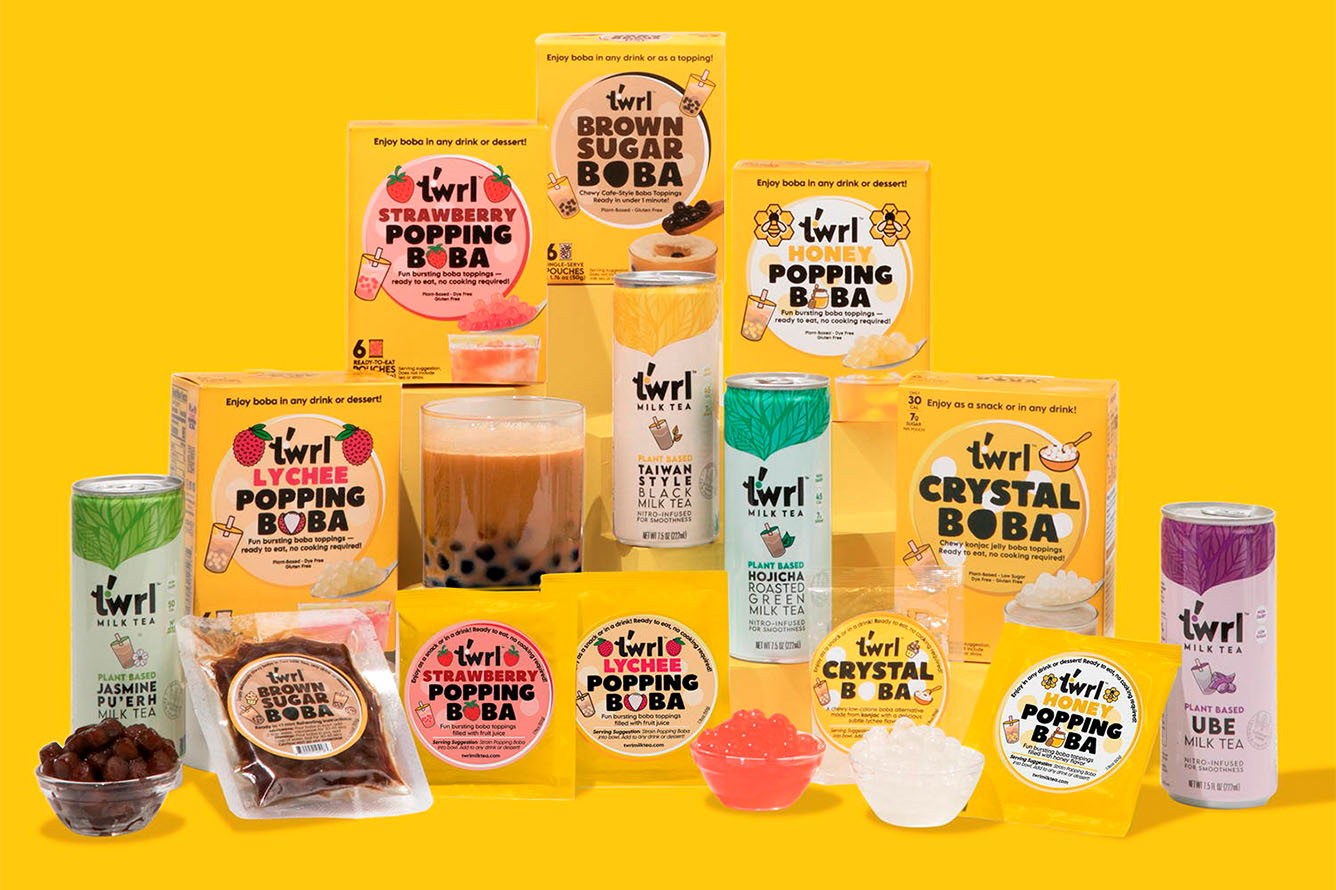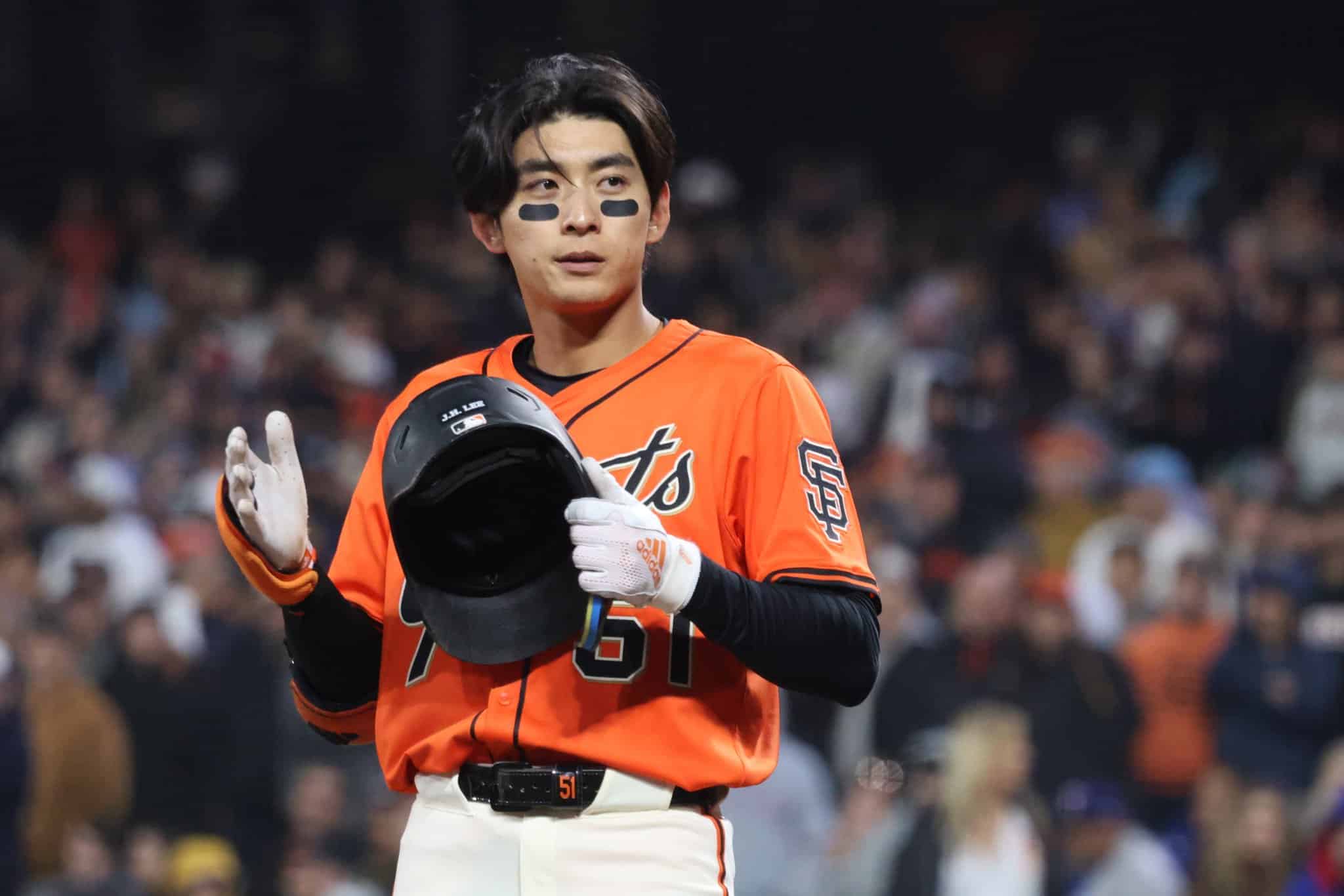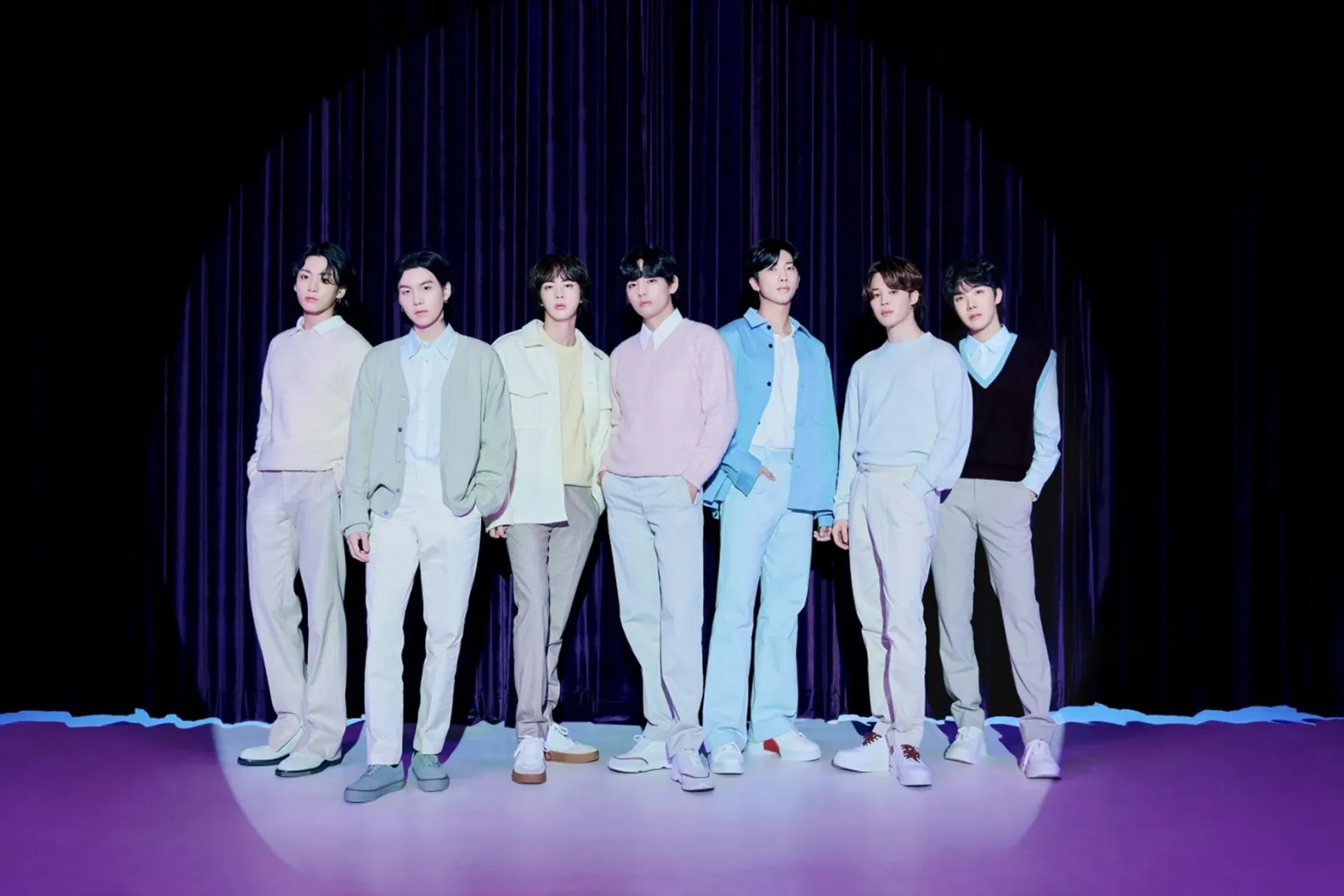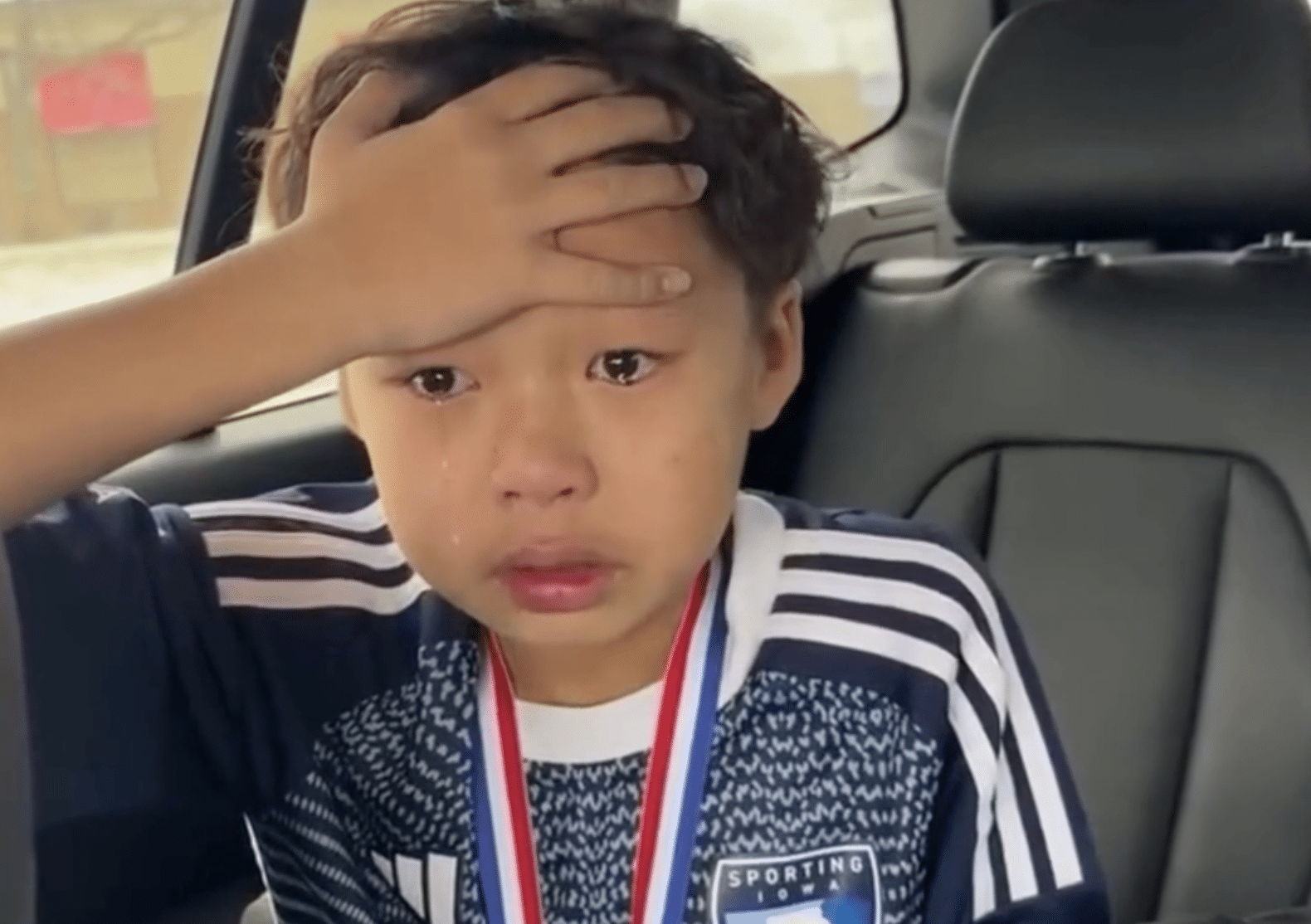Olivia Chen and Pauline Ang, the founders of the Asian American boba tea brand Twrl, have been on quite a journey. After three unsuccessful attempts to land a spot on Shark Tank, they suddenly found themselves with a chance to pitch to a very prominent investor – actor Simu Liu. This unexpected opportunity arose after Liu called out a white-owned boba company for cultural appropriation on the Canadian show Dragons’ Den.
“I would be uplifting a business that is profiting off of something that feels so dear to my cultural heritage,” Liu stated, highlighting the importance of acknowledging the Taiwanese roots of the popular drink.
Read more: ‘Dragons’ Den’ Backlash: Manjit Minhas Withdraws Bobba Investment After Simu Liu Debate
This incident touched a nerve with Chen and Ang, who had previously shown their support for Liu’s stance on TikTok. Their video caught Liu’s attention, leading to the potential investment opportunity. “I actually wasn’t sure it wasn’t real, to be honest,” admitted Chen. “I wanted to let people know there are other alternatives out there like ourselves.”
The controversy surrounding the Dragons’ Den episode reignited the complex conversation around cultural appropriation versus appreciation. Where is the line drawn when businesses profit from products deeply ingrained in cultures not their own?
This case highlighted the potential for such ventures to exacerbate existing disparities faced by marginalized communities. Chen and Ang hope their involvement in this discussion will lead to greater understanding and positive change.
While Taiwan is often celebrated as the birthplace of the boba drink, its origins are more nuanced. The key ingredient, tapioca starch, can be traced back to cassava, a root vegetable native to South America. As a result of colonization, cassava spread to Africa, the Pacific Islands, and eventually Asia. Taiwan later popularized the sweet tea, milk, and boba combination we know and love today, complete with its signature chunky straw.
Read more: ‘Dragons’ Den’: Simu Liu Calls Out Bubble Tea Company Bobba for Cultural Appropriation
The popularity of boba in the US surged since the first shops opened in the 1990s, with even major brands like Starbucks and Jamba Juice offering boba-inspired drinks for a limited time. However, these limited offerings never posed a significant threat to Asian American boba businesses, demonstrating the importance of authenticity and cultural relevance in the eyes of consumers.
For Chen and Ang, authenticity is paramount. They work closely with family-run tea farms in Japan and China, and their boba toppings are made in Taiwan. Their commitment to honoring boba’s cultural roots extends to their packaging, which features designs by artists from the Asian diaspora.
“He went into the business because he saw a market opportunity, which I agree with. … But it didn’t come from a place of, ‘I really love boba tea,'” Chen said of the “Dragons’ Den” company. “I wish there would be an appreciation or a story or an acknowledgment.”
While the Dragons’ Den episode sparked negativity and online harassment, Chen sees an opportunity for growth and change. “There are positive outcomes that can come out of this,” she reflects. “These topics come up, but how do we actually have a movement of change? The energy that everyone is focusing on, I would like to recenter that energy and say, ‘Could other founders like myself have an opportunity at the table?'”
With a potential investment from Simu Liu and a growing awareness of the importance of cultural sensitivity, Twrl is well-positioned to continue sharing its authentic boba experience with the world.










